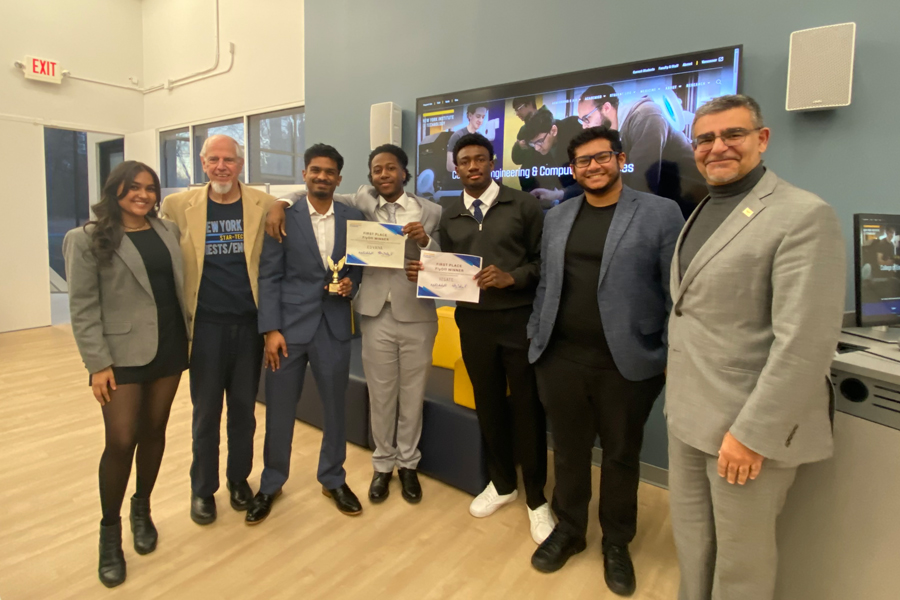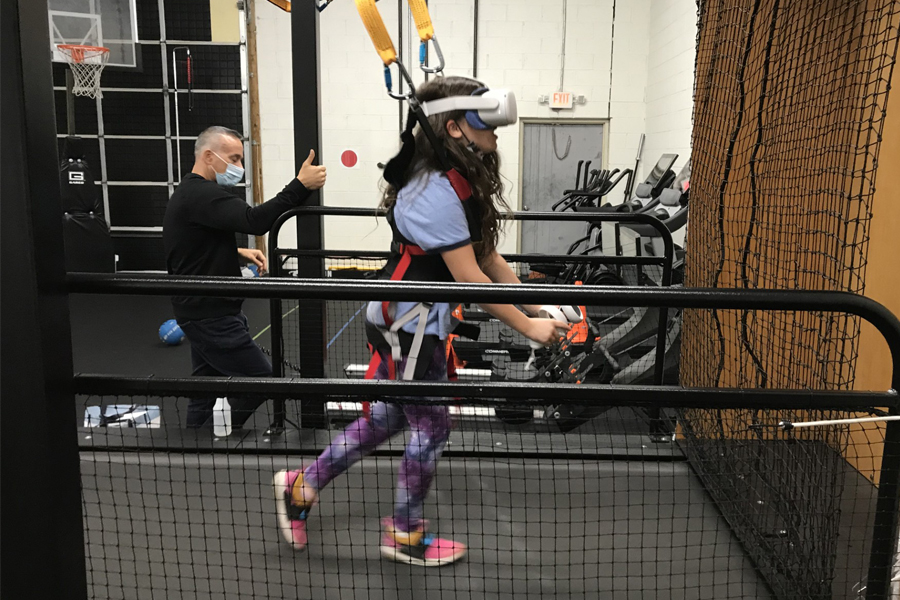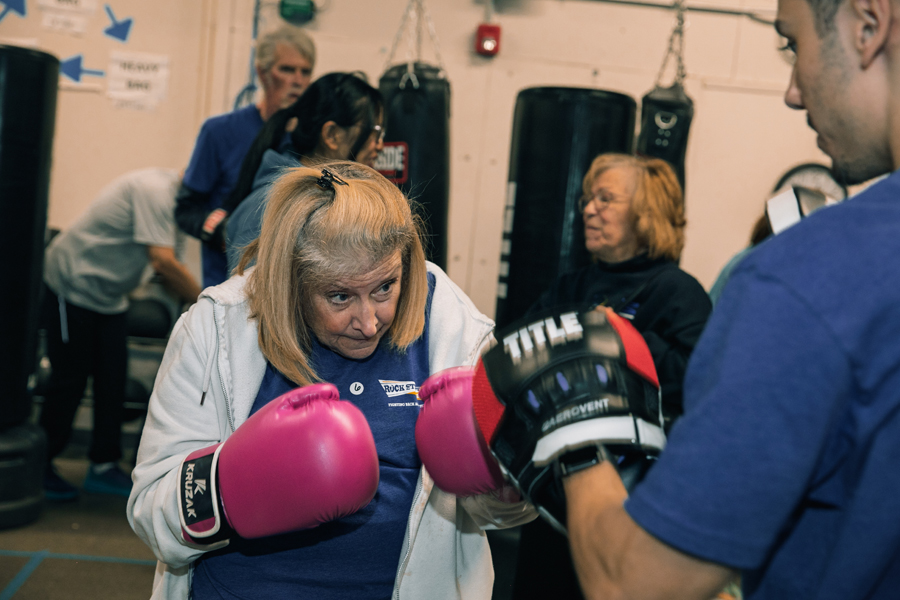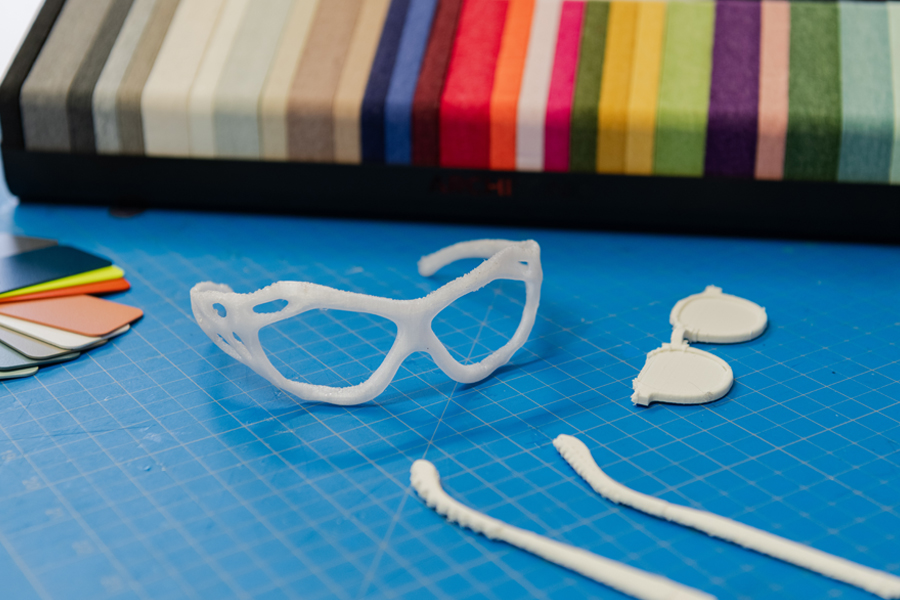
The Strength of the Hispanic Woman
For Hispanic Heritage Month, Chantel Diaz (B.F.A. ’13, M.A. ’15), director of inclusivity and well-being at Live Nation, reflects on the role of women in Hispanic culture and how it has shaped who she is today.
“People think of Latina women as being fiery and fierce, which is usually true. But I think the quality that so many Latinas possess is strength. I’m very proud to have Latin blood.”—Zoe Saldaña, American actress.
According to the Oxford Dictionary, strength is defined as the capacity of an object or substance to withstand great force or pressure.
When I think of strength, I think of my mother, Dionne Diaz. In Hispanic culture, the matriarch is the cornerstone of the family, a symbol of love and leading support of the family. She is both the disciplinarian and the nurturer. She is a homemaker, a martyr, and the best cook in the world (if you let the family tell it). Many social media reels joke about the ‘chancla’ (slipper), which is a feared weapon used by mothers in many Hispanic homes.
The deep-rooted focus on motherhood in Latin cultures likely dates back to the era when European religion took hold in the New World, as native people were converted by missionaries. Conquistadors brought with them the language, culture, and Roman Catholicism from Spain and other southern European countries. Many native cultures, including the Mayans, had many deities, many of whom were female. The fusion of Spanish beliefs with the animistic and magical traditions of pre-Hispanic cultures led to the elevation of Mother Mary as a central figure in Latin American worship. Instead of focusing solely on Jesus, as was common elsewhere, churches, shrines, and sanctuaries across the continent began to be dedicated to the veneration of Mother Mary as early as 1525.
I often think about the strong women in my family and the many roles they take on. Historically in Hispanic culture, the mother figure stays home and caters to the family. In my family, the mothers have managed to keep the household in order and maintain jobs outside of the home. I remember my mom held two jobs and still managed to make it to most of my sporting events and school activities. She made dinner every night and kept our house in order. Now, in my adulthood, I can see how much effort that took. As the oldest daughter, my role was to help my mom. I acted as a second mother figure, learning directly from her. Household duties were a priority, unfortunately, before any fun or even schoolwork. Balancing home life and school life was engrained in me from a young age. I made school lunches for my siblings, walked them to and from school, as well as made dinner from time to time. I believe it has helped me in my current life and given me tons of transferrable skills. Most importantly, the strength of my ancestors. I am so grateful for the doors that have been opened for me through the strength of the women who have come before me.
Happy Latinx Heritage Month!
More News

Brands Must Balance AI and Authenticity
As consumer behavior expert Colleen Kirk, D.P.S., explains, in 2026, marketers leveraging AI must remember to prioritize genuine connections and transparency.

Student Entrepreneurs Share Big Ideas
Students gathered at the Innovation and Entrepreneurship Academy’s Startup Tech Central to present their startup companies at the third NESTS FlyOff event.

Intern Insight: Ananya More
When graduate computer science student Ananya More secured an internship with the MTA, she gained the opportunity to work with data for the largest subway system in the United States.

Study: VR Helps Children With Autism Participate in Exercise and Sports
A new study by researchers from the School of Health Professions and College of Osteopathic Medicine demonstrates how virtual reality (VR) can help children with autism spectrum disorder participate in exercise.

Boxers Fight Back Against Parkinson’s Disease
A holiday “boxathon” hosted by NYITCOM’s Parkinson’s Center raised awareness for the disease and the importance of exercise in treatment, while bringing members of the Rock Steady Boxing community together at a time when patients may experience loneliness and isolation.

“Envisioning” More Inclusive Eyewear
As part of a collaborative initiative between New York Tech and the global eyewear company Marcolin, students from the School of Architecture and Design and NYITCOM teamed up to develop potential eyewear solutions for neurodivergent populations.